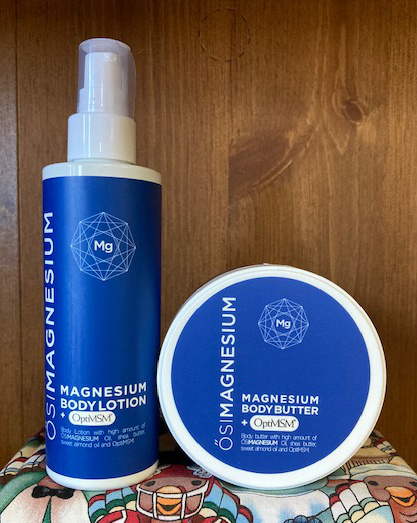Carrie's Blog
Better Sleep Without Drugs
Scientists and Researchers have identified what they believe are the best practices and necessary nutrients needed for a good night’s rest.
There are a lot of reasons why we don’t always get a good night’s sleep including anxiety, stress, depression, adrenal exhaustion or liver congestion.
A study in the Journal of Obesity indicated that a good night’s sleep helps to reduce stress, lose weight, and function better in our lives. Even 60 - 90 minutes more sleep each night showed test subjects to be healthier, happier and safer going about their day, according to the American Psychological Association.
Lifestyle changes can contribute to a good night’s sleep. These include:
• Going to bed at the same time each night when possible• Shutting down all electronics including television, the internet, email, and text at least an hour before bedtime
• Limiting intake of caffeine and alcohol. It can take up to 12 hours for caffeine to fully leave your system, and although a depressant, alcohol can actually interrupt our sleep cycles in a negative way.
• Consume foods that promote sleep.
Four primary nutrients, vitamins and minerals naturally found in foods have been identified to help promote restful sleep. These are tryptophan, magnesium, calcium and vitamin B6. Some of these foods help the body to produce melatonin, the hormone responsible for regulating the body’s sleep-wake patterns. Others enhance seratonin, which relays messages in the brain related to mood and sleep.


Foods that Can Aid in Sleep
Award winning cookbook author, Judith Fertig recommends the following foods for a successful night of restful sleep.
Kiwi
Full of Vitamin C, E, seratonin, and folate, it can be eaten one hour before bedtime. She recommends eating 2 kiwi each evening.
Tart Cherry Juice
This may help with moderate sleep inprovement comparable to the herb valerian or supplementing Melatonin. She recommends two eight ounce servings of juice daily, one in the morning, and one at night. (We recommend organic).
Fish
Some fish, including salmon, halibut, mackerel and tuna can help boost the production of vitamin B6, which can help your body make melatonin. A recent study showed that eating more fish led to better sleep and improved cognitive function in children.
Fiber-Rich Foods
Foods such as chia seeds, nuts and whole grains may help to restore “slow-wave” sleep.
Calcium-Rich Foods
According to pediatrician, Dr. William Sears, calcium can help the brain use the amino acid tryptophan to manufacture the sleep inducing substance, melatonin. Calcium is found in many foods including spinach, kale, sardines, and of course, dairy.
Bananas
Bananas are rich in potassium, magnesium, tryptophan and B6, which are used to make melatonin. Pineapple juice and orange juice may help, too.
Walnuts
Walnuts are a good source of tryptophan, which helps make serotonin and melatonin. Also, walnuts provide fiber-supporting, restorative “slow-wave” sleep. Judith recommends eating a handful of walnuts an hour before bedtime.
Dark Leafy Greens
Greens such as kale, spinach, and collard greens are rich in magnesium (as well as calcium) which can help us de-stress and go to sleep.
Almonds and Dates
Both of these are fiber-rich foods are able to slowly help produce melatonin for later in the day.
Supplements to consider include: calcium, magnesium, 5-HTP, Liver Balance, Nervous Fatigue, B6, valerian root, I-Sleep Homeopathic, and hops.
You can also enlist the help of essential oils to help you sleep. Rub a few drops of Lavender and Roman Chamomile on your feet, especially your toes, to help calm down and relax. You can also use a cold air diffuser to diffuse a blend of vetiver, atlas cedarwood, bergamot and lavender.
If you have any questions, feel free to come into the shop and we can help you sort out the best sleep program for you. Sweet dreams to all!
Carrie Casey
The above content is for informational purposes only. It is not intended to take the place of a qualified health practitioner. Please consult your health practitioner before starting any sleep enhancing program.
